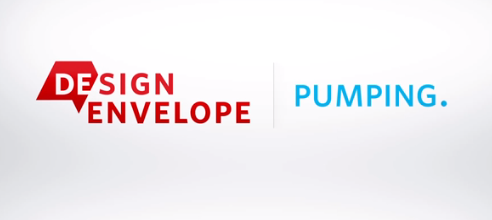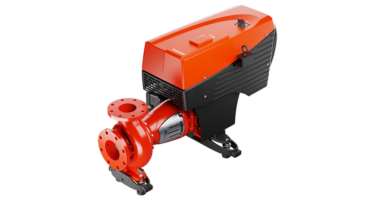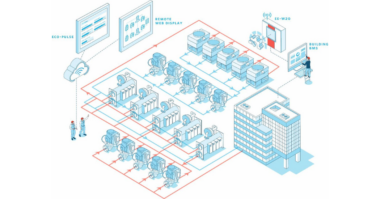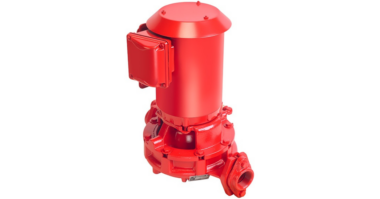Faced with rising operating costs, design engineers, building owners and facility managers are searching for ways to improve energy efficiency in HVAC systems. Responding to this market need, Armstrong Fluid Technology has been conducting Design Envelope Symposium events across North America to help the HVAC community understand the energy-saving opportunities available. The symposiums also complement the service training and technical training that Armstrong provides on a regular basis. To date, Design Envelope Symposiums have been held in Miami, Dallas, San Francisco, Los Angeles, Saratoga Springs, NY and Chicago.
The symposiums developed out of Armstrong’s annual International Engineer Visit event in Toronto, which brought together engineers from around the world. The format of the Engineer Visit allowed participants to interact and learn about the latest in HVAC technology, as well as exchange ideas on design and solutions. In response to the success of those events, Armstrong expanded the reach of this interactive format by staging a North American tour and later revised the name to “Design Envelope Symposium.”
Attendees are given the opportunity to learn about Armstrong’s Design Envelope technology, which is presented as “the greenest, most flexible and most cost effective fluid-flow and HVAC system on the planet – resulting in both lowest installed and lowest operating cost with the same equipment.”
The biggest benefit to those learning and applying this technology is the improvement in energy efficiency. Design Envelope integrates a perfectly matched pump, motor and intelligent variable speed controller to create a complete pumping solution. Basing the control algorithms on detailed pump performance data, Design Envelope maximizes pumping efficiency by adjusting pump speed in response to system command. This advanced variable speed technology, combined with Sensorless control, reduces energy usage by up to 70%, saving customers thousands of dollars. The technology also meets new ASHRAE (American Society of Heating, Refrigerating and Air-Conditioning Engineers) 90.1 standards of 70% energy savings at 50% flow.
Another key benefit that attendees learn about is advancements in part-load performance, an innovation that allows Design Envelope pumps to be both flexible and efficient. Because pumps have traditionally operated at a fixed speed, up until recently they had to be selected to match the requirements of the peak operating load of an HVAC system. Recognizing that HVAC is a part-load environment, and that the process of designing and constructing a building involves accommodating shifting and unpredictable project variations, Design Envelope technology allows pumps to have a wider range of high-efficiency operation while reducing the instance of expensive redesigns.
In the past, system designers were forced to reselect pumps in response to changes to the building design, a process that was often repeated four or five times through the course of a project. And each instance of researching and selecting a new pump size could take hours to complete. With variable speed and integrated, performance-based controls, Design Envelope allows pumps to perform efficiently under a wide range of building loads. Consequently, if HVAC or fluid flow requirements change in the design process, Design Envelope pumps can usually accommodate the new duty profile without any requirement to resize or reselect. The time savings for building designers are substantial.
The Design Envelope Symposium also focuses on convenience for the customer and allows attendees to get a firsthand look at the technology in action, so they can learn how it can save hours of time and thousands of dollars in operating costs.
But the learning runs in both directions. By taking their Design Envelope message to engineers all over North America, Armstrong has learned more about what customers want and need. Steven Lane, Communications Manager at Armstrong, says the company has learned the importance of reaching people where they are and interacting with them face-to-face, on their own terms. This is why Armstrong has expanded the symposiums beyond Toronto and encourages not only engineers, but also building owners and facility managers, to attend the half-day sessions.
Upcoming symposiums are planned for later this year in New York City, Washington, DC, Atlanta and Houston, with an event in the works for Boston in 2015. Industry participants interested in attending can learn how over $48 million to date in savings has been generated from Design Envelope, as well as obtain more information on the symposiums, by clicking here: http://armstrongfluidtechnology.com/en/products_and_services/design_envelope/live-ability




